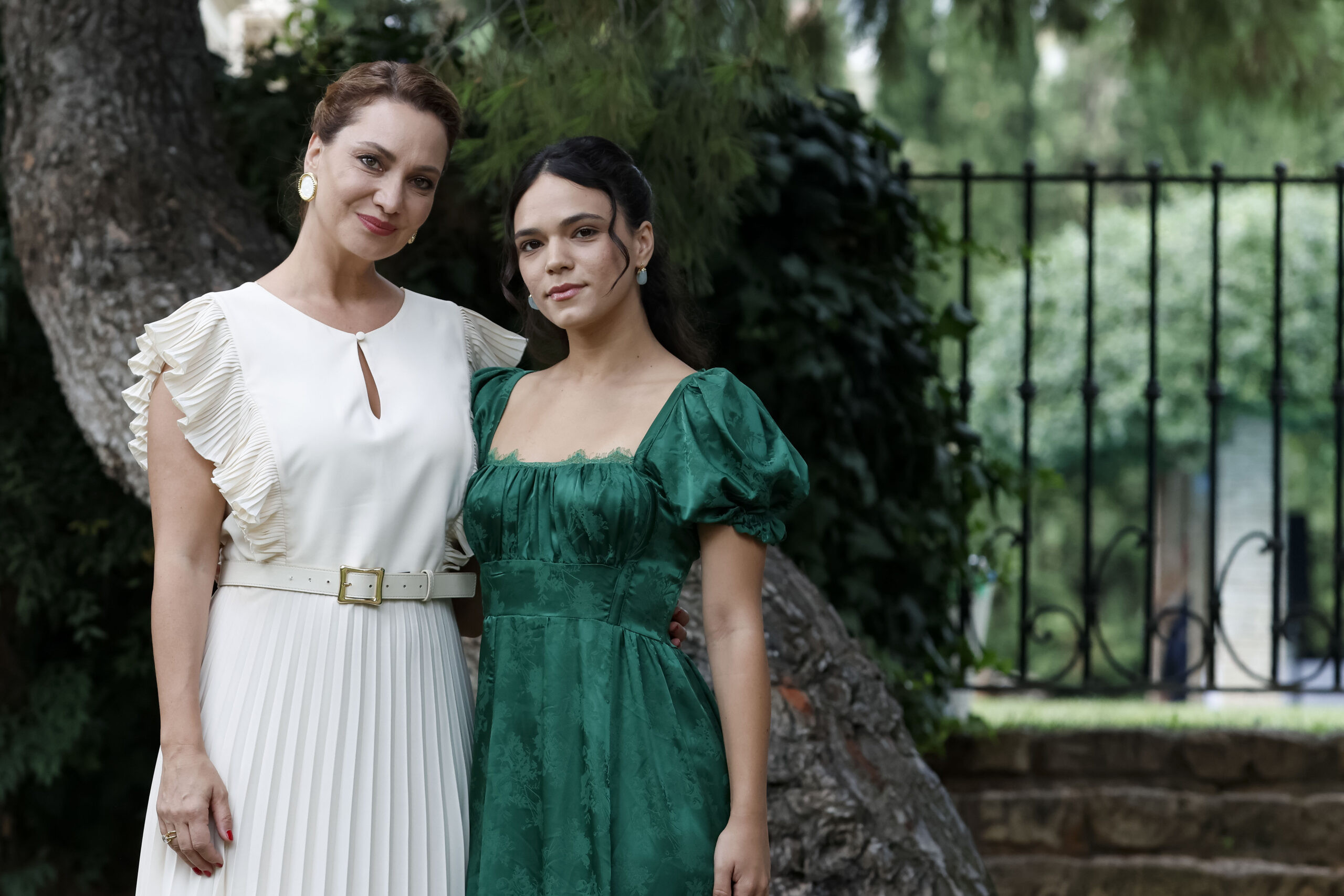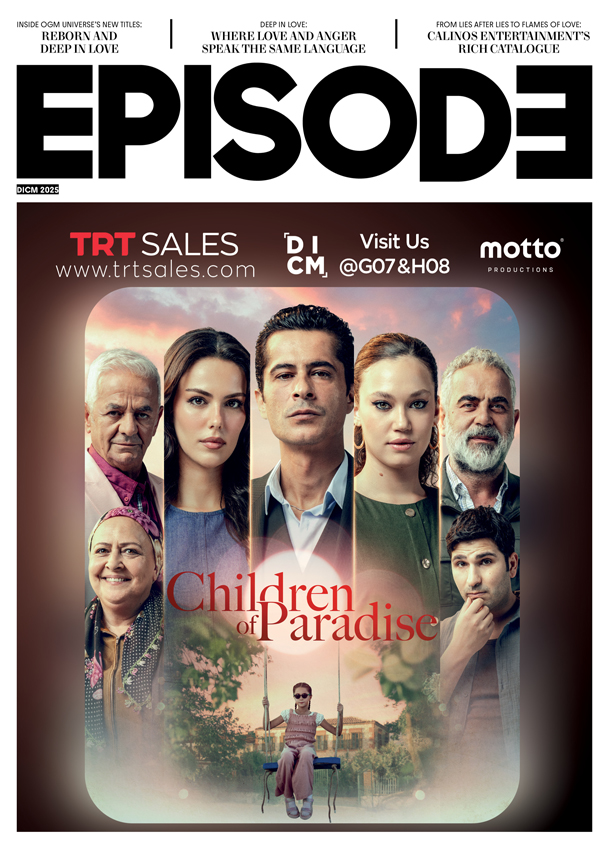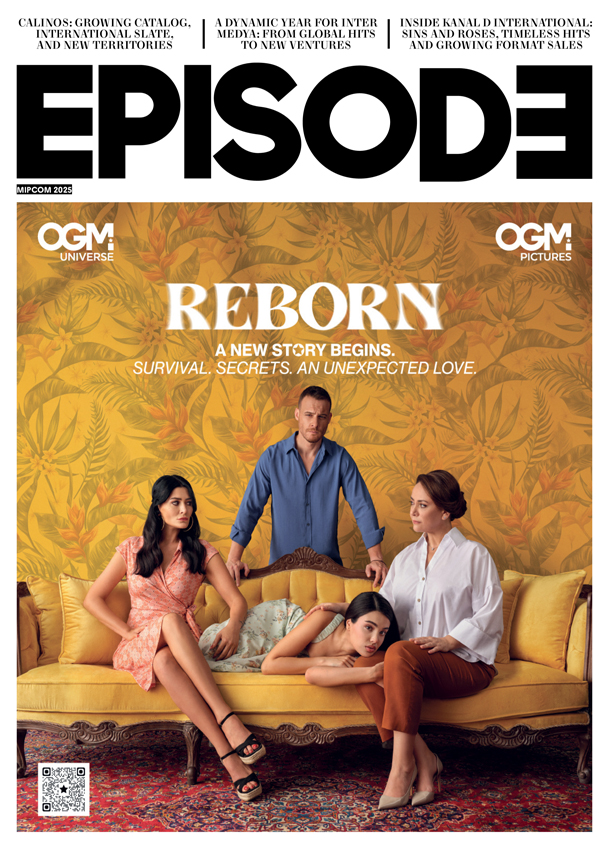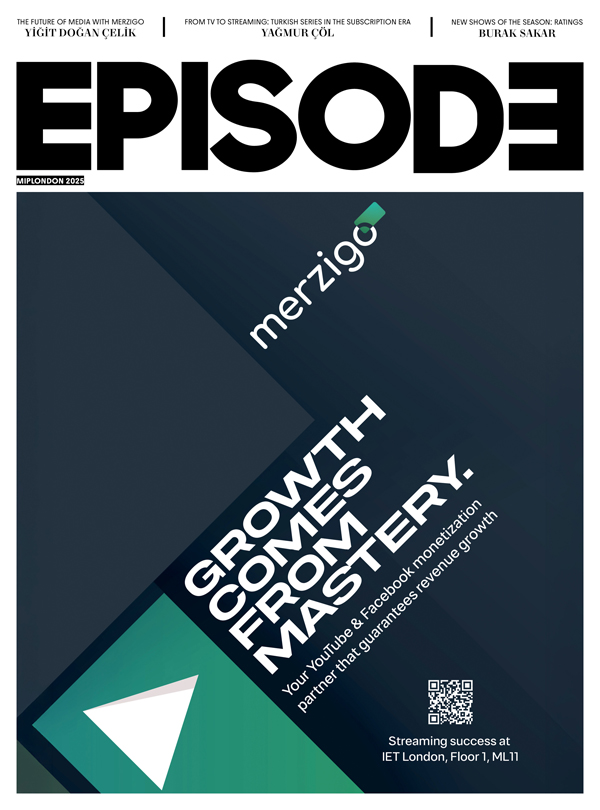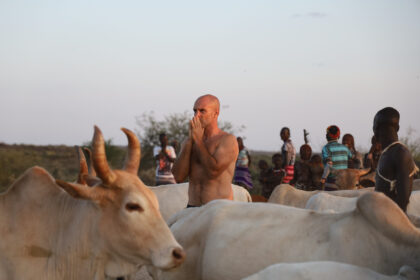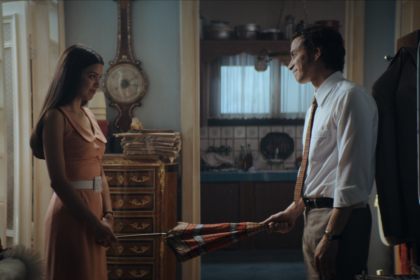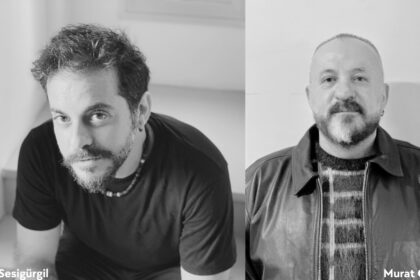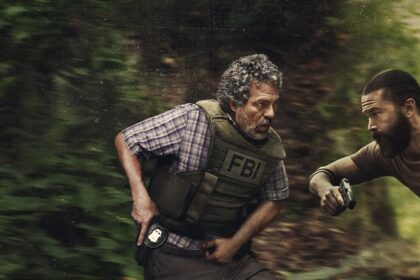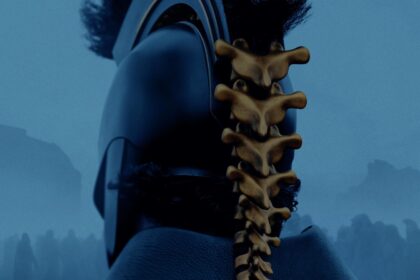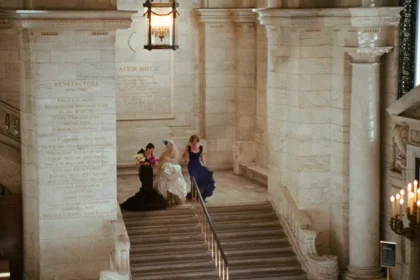Our journey on the set of Na M’Agapas (Love Me) continued with two of the story’s most powerful women: Zoe (Sumru), the mother who abandoned her children years ago, and her daughter Foteini (Melek), who has struggled to build a life in her shadow. We spoke with the two actresses Irine Aggelopoulou and Stefani Kapetanidi about portraying a mother’s deepest regret and a daughter’s most painful wound. This complicated bond, walking a fine line between forgiveness and confrontation, invites the audience into their own inner reckoning.
Read our exclusive interviews with the cast and director of Love Me here.
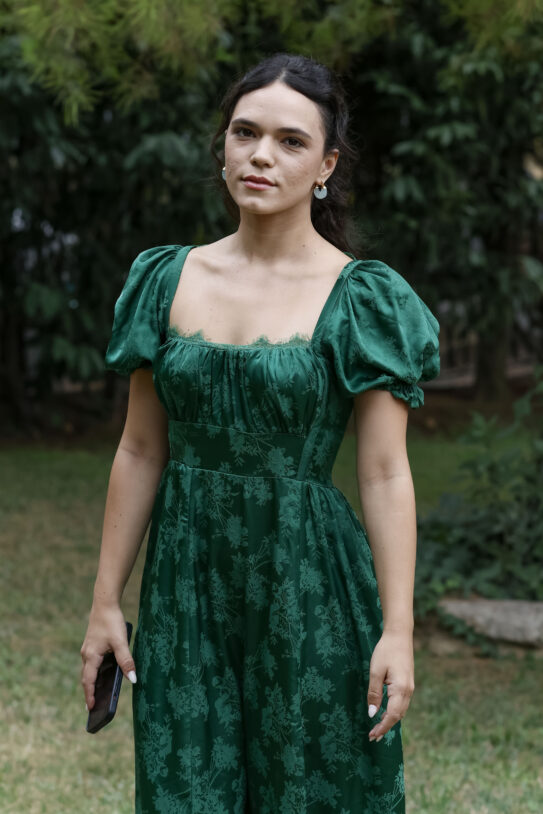
Your character, Foteini, experienced the greatest trauma of her life when she was abandoned by her mother. How did you connect with her?
Irine Aggelopoulou: I wanted to approach this role from scratch, not by comparing it to the Turkish version, but by creating Foteini entirely from within myself. What I share most with her is the joy of living that doesn’t fade, even in the face of challenges. No matter what happens, she believes that life goes on and that there is always a way forward. In that sense, I feel very close to her. Neither of us gives up when faced with challenges, if anything, we come out stronger. For me, this role has been more than just portraying a character; it has been a journey of rediscovering that strength within myself.
Do you share any similarities with your character?
Irine Aggelopoulou: I think the biggest thing we share is her deep understanding of life after everything she’s been through. Following such a traumatic experience, she starts to see life like the flow of a river. It becomes a turning point for her, and she realizes that life goes on. Through that process, she becomes more compassionate, more empathetic, and more accepting of others.
What I love most about my character is the incredible energy she carries despite being so emotional and fragile. On one hand, she’s very sensitive; and on the other, she’s remarkably strong. Holding those two opposites together makes her feel truly real. And within all the darkness and chaos, Cihan (Mihalis) becomes like a light for her, a place of safety. Their pure and powerful bond is one of the most hopeful elements of the story.
How did it affect you emotionally to perform the scenes where Foteini reunites with her mother Zoe after all those years?
Irine Aggelopoulou: Those scenes carry so many mixed emotions; grief, disappointment, anger… but also a need to understand her. It’s the natural desire of a child to know why her mother abandoned her. In those moments, it was impossible to focus on just one single emotion. Because life isn’t like that either. Sometimes you feel angry at someone, but once you start to understand them, the anger fades and another emotion takes its place. These constant emotional shifts were what made the character both very real and very challenging.
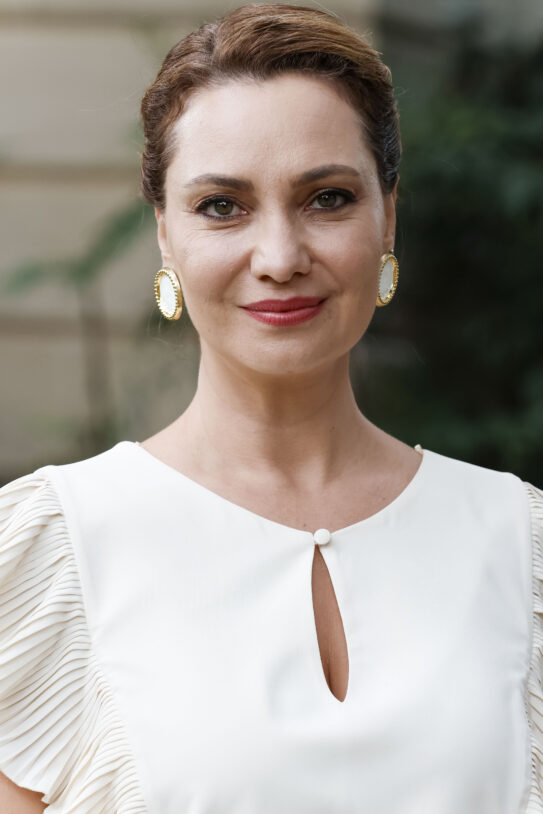
Zoe makes a choice that’s very hard to understand: a mother abandoning her children. For an actor, that must be one of the most difficult roles to play. How did you approach this character?
Stefani Kapetanidi: This role was a huge challenge for me. The feeling of “abandonment” is a universal emotion almost everyone experiences at some point in life, in one form or another. While portraying Zoe, I drew on my own personal experiences, moments in relationships or within my family when I felt that sense of being left behind. Of course, what Zoe does is the most extreme, tragic version of that feeling. But to understand her at that level, I had to go back to that basic emotion within myself.
What was it like to film the scenes where Zoe confronts her children after all those years?
Stefani Kapetanidi: In those scenes, when I said, “I don’t want you, I don’t know you,” I tried to clear my mind of everything else. In that moment, I had to feel only those words. I needed to carry their full weight and live the reality of that moment completely. That was the biggest challenge. Of course, once the scene ended, I wanted to hug them, but while filming, I had to fully project that cold, merciless determination. There couldn’t be even the slightest trace of compassion in me.
Do you feel extra pressure knowing the series has been so successful in many countries?
Stefani Kapetanidi: Absolutely, it creates both great excitement and also a lot of fear and responsibility. You’re stepping into a project that has already been loved and proven its success. You have to reach that bar, and ideally, surpass it. Inevitably, there’s the worry: “What if I can’t do it as well as they did?” But at the same time, it’s a huge source of motivation. Here, we’re doing our very best to capture the spirit of the story and convey the same emotional depth to the audience. The authenticity of the characters and the universality of the story allow viewers everywhere to connect with these relationships and conflicts. I think that’s the greatest strength of this project.






